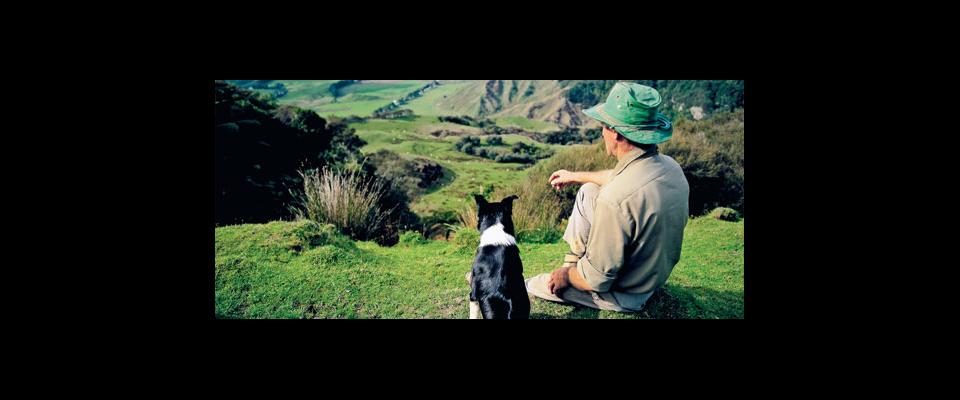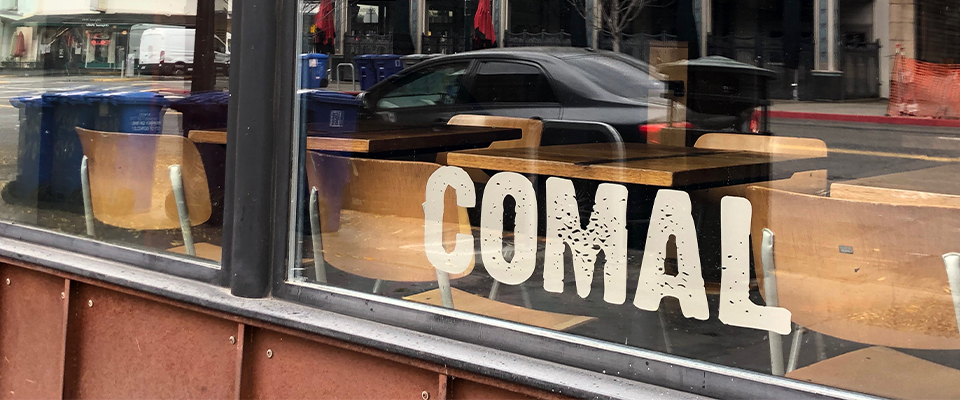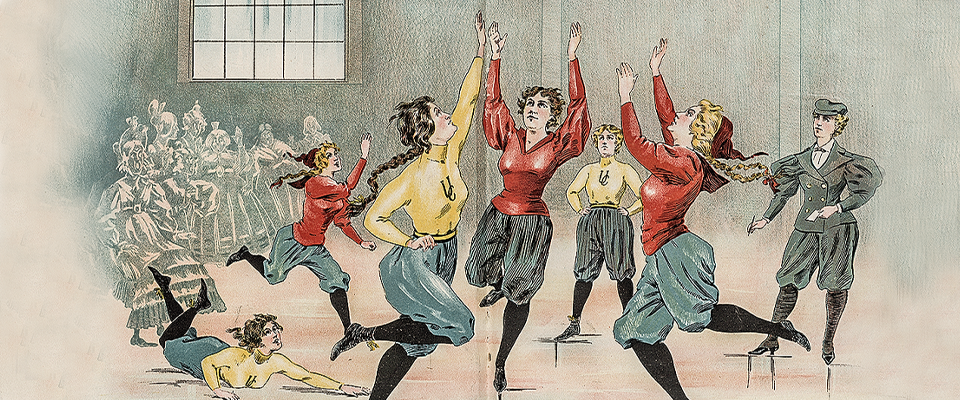New Zealanders are as resentful of the attention they get from visitors—often so taken with the landscape and friendly locals that they dream of buying a home and staying forever—as they are eager for approval. Especially from Americans.
Oh, the perils of beauty. Super-models and actresses struggle with excess admiration, and countries do, too. Especially if they are small, lacking confidence, and until recently have been wrapped in a comforting swaddle of political irrelevance—in New Zealand’s case, disregarded as the tiny exclamation mark southeast of Australia, clinging to the edge of the world.
It is only in the past year, since leaving, that I have begun to understand why New Zealanders get so tetchy about identity, how the struggle to develop—and agree to—a cohesive national character could be interfering with the ongoing campaign to attract tourist dollars and improve the country’s international standing. To matter in a realm beyond professional rugby or agribusiness or trivia questions. (Q: Who split the atom? A: New Zealander Ernest Rutherford.)
I have observed this struggle with interest from the sidelines for years, in my role as half- American interloper: the daughter of a New Zealander, I earned citizenship through him. And I have been disappointed, again and again, to see tour groups laden with plastic baby dolls dressed in Maori cloaks, chunks of carved greenstone, paua shell geegaws, and the very skins off sheep’s backs, confident they know the place but understanding so little. But, to be fair, it’s not easy for them. New Zealanders are as resentful of the attention they get from visitors—often so taken with the landscape and friendly locals that they dream of buying a home and staying forever—as they are eager for approval. Especially from Americans, who are generally resented for being global cultural arbiters and bullies, but grudgingly admired for their abundant confidence and success. Despite Colin Powell’s assertion when he was secretary of state that America and New Zealand are “very, very, very close friends,” it is a prickly relationship.
With locals’ reluctant approval, visitors romp through the key destinations: Rotorua, a sort of Maori Disneyland where you can visit a marae (meetinghouse), eat hangi (food cooked in the ground), marvel at noxious bubbling mud, see steam escaping from the sewers; Christchurch, a manicured English-city copycat with its facsimile Avon River and punting; and Queenstown, the adventure capital, where bungeejumping was invented and is just about compulsory. The impression is of a fun, laidback country where nothing is taken too seriously. She’ll be right, mate.
In reality, New Zealand is as tense and nervy as a toy poodle. An adolescent nation, it is finally pulling away from Mother England, differentiating itself from Big Brother Australia, trying to sift through two centuries of internal racial tension and mistrust, and taking on a key diplomatic role in the complex, shifting relationships of the Asia-Pacific region. With its crispy position at the edge of the Antarctic ozone hole, New Zealand is environmentally aware (although its clean, green image is due to its small population more than good stewardship), painfully alert to sun damage, and full of cancer. It is nuclear-free (take that, America!), anti–Iraq War (and again!), and left-of-center when it comes to morality; gay civil unions are legal, so is prostitution, and the world’s first transsexual elected to national office, the deliciously outré Georgina Beyer, lives not far from Lord of the Rings director Peter Jackson, an unapologetically scruffy national hero.
See, New Zealand is changing as fast as dignity allows. And to get a real feel for it, you need to get out of Auckland—which is to the rest of New Zealand what Los Angeles is to the rest of California—forget about the speedboats and glowworms, the cultural tours and self-conscious kitsch. You need to go native. You might as well go to Gisborne.
My father was born and raised in Gisborne, a rural beachside community of about 33,000 on the East Coast of the North Island, that in my lifetime has become groovy. In the past 15 years it has sprouted a wharfside restaurant strip, pricey urban design stores, and cafés serving panini and espresso. Dad grew up on a farm—it seemed like most everyone did in the 1920s and ’30s—and rode his horse to school. Trips to town were an event for which he was forced into his Sunday best. Strangers from overseas were rare, and Gisborne people—besides the war generations, who saw far more of the world than they wanted—didn’t take much interest in travel until the ’70s, around the time my father returned with an American family in tow, all foreign and fancy with our color-coordinated outfits and big, white teeth.
Now the family farm is a 15-minute drive from town. The port bristles with importance; pine logs are sent from here to Korea, where they are chipped and turned into particleboard. The small business district has bloomed in the glow of international attention—this was the first city to be touched by the sun’s rays at the dawn of the new millennium, after all—and now, with its blush-colored sidewalks and palm trees, it looks a little like Florida. Most people think this is a good thing.
Gisborne is New Zealand in miniature: an agricultural community straining for a new role in the 21st century, hoping that digital technology, a burgeoning wine industry, and tourism, that golden goose, will fill the gap left by the departure of the abattoir, once the biggest employer and the gristly, gruesome town heart, where every young local man, my father included, served a summer apprenticeship. Beyond the economic—and it’s tough to get beyond the economic if you’re living in a poorly heated government-owned house and relying on unemployment benefits, like so many town residents—people are focused on the cultural. About 40 percent of the population is Maori, the highest proportion of any region; that concentration increases markedly as you travel north toward the East Cape and the countryside turns more forbidding and lumpy, as if a giant hand reached down to squeeze hillsides from the earth.
From the July August 2007 Summer Travel Issue issue of California.





















